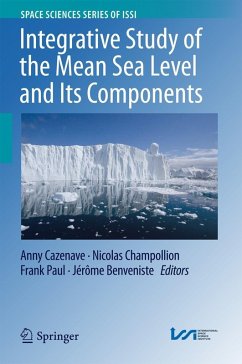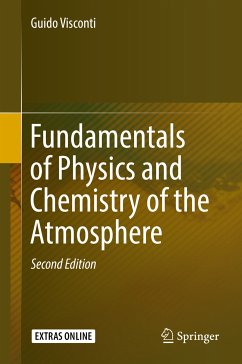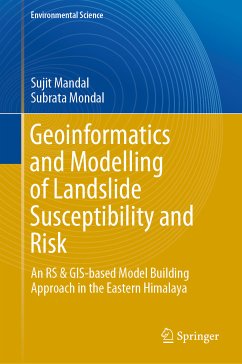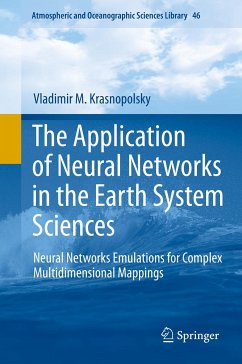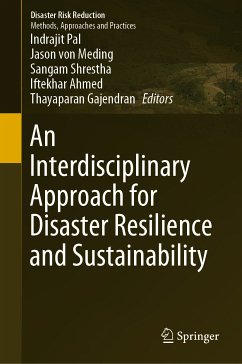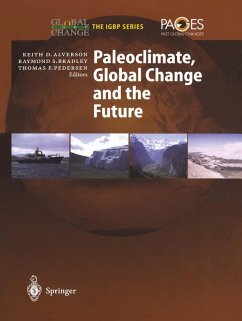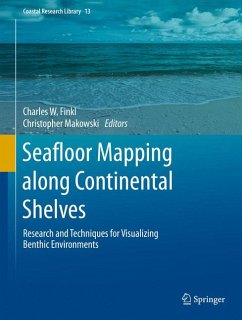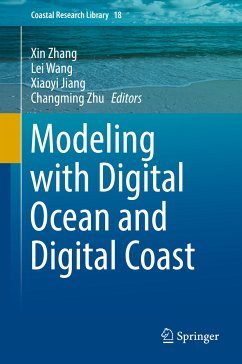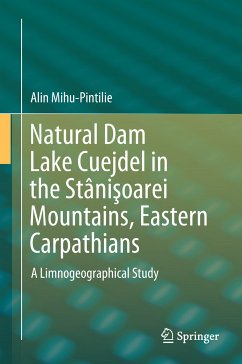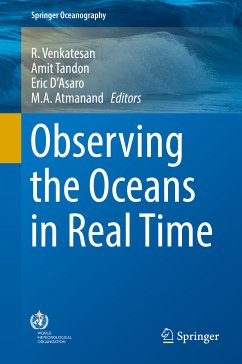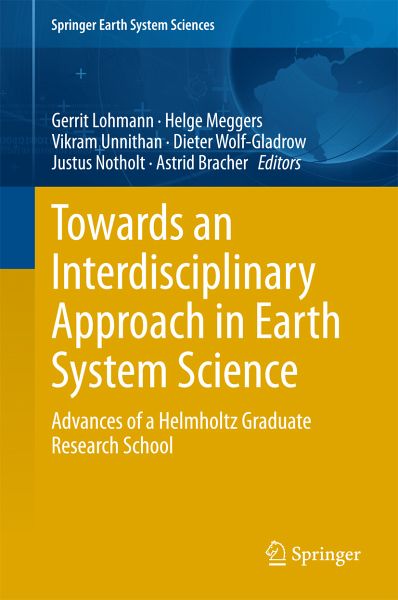
Towards an Interdisciplinary Approach in Earth System Science (eBook, PDF)
Advances of a Helmholtz Graduate Research School
Redaktion: Lohmann, Gerrit; Bracher, Astrid; Notholt, Justus; Wolf-Gladrow, Dieter; Unnithan, Vikram; Meggers, Helge
Versandkostenfrei!
Sofort per Download lieferbar
40,95 €
inkl. MwSt.
Weitere Ausgaben:

PAYBACK Punkte
20 °P sammeln!
This book describes the latest advances at the Helmholtz "Earth System Science Research School" where scientists from the Alfred Wegener Institute in Bremerhaven, the University of Bremen, and the Jacobs University are involved in research. One of the greatest challenges is understanding ongoing environmental changes. The longer the time scale the more components of the Earth system are involved, e.g. interannual and decadal variations are related to the coupled atmosphere-ocean-sea ice system, whereas longer variations like glacial-interglacial or Cenozoic transitions involve the carbon cycle...
This book describes the latest advances at the Helmholtz "Earth System Science Research School" where scientists from the Alfred Wegener Institute in Bremerhaven, the University of Bremen, and the Jacobs University are involved in research. One of the greatest challenges is understanding ongoing environmental changes. The longer the time scale the more components of the Earth system are involved, e.g. interannual and decadal variations are related to the coupled atmosphere-ocean-sea ice system, whereas longer variations like glacial-interglacial or Cenozoic transitions involve the carbon cycle, ice sheets and gateways. In order to get deep insights into Earth system science, observations, remote sensing, past environmental data, as well as modeling need to be integrated. These different approaches are traditionally taught in separated disciplines at bachelor and master levels. It is, therefore, necessary to bring these disciplines together in PhD programs.
Dieser Download kann aus rechtlichen Gründen nur mit Rechnungsadresse in A, B, BG, CY, CZ, D, DK, EW, E, FIN, F, GR, HR, H, IRL, I, LT, L, LR, M, NL, PL, P, R, S, SLO, SK ausgeliefert werden.




